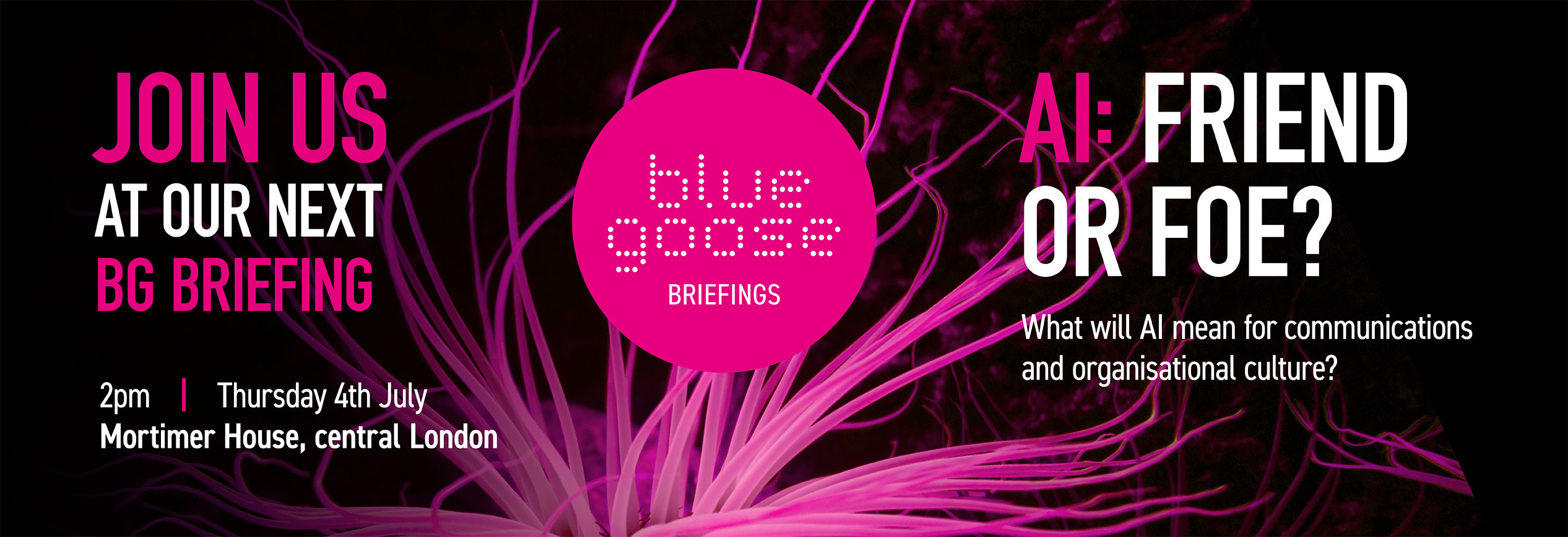The ‘employee experience’ can be seen to exist in a number of ways.
Firstly, as something that just ‘is’.
You join a place of work on the back of a job offer, probable role specifics and supplementary ‘package’. The ‘experience’ is all the other random things that happen, combined.
Alternatively, we can view the employee experience as something ‘engineered’ – a malleable entity curated by employers that they craft, shape and refine according to ongoing feedback they receive.
Ultimately, which of these we choose to believe will in many ways be driven by an employers’ approach towards it – and what they in turn believe is in their gift to control.
What is an employee experience?
What contributes to an employee experience, broadly, takes two forms; the tangible and intangible.
The tangible (and macro) are things that employers can ‘write down’ – like agreed perks and benefits; training and development; nurturing and support, and systems of governance that structurally inform the experience we can expect.
The intangible (and micro) are things less easy to control, more culturally non-specific things, such as how people speak to one another; how management interacts with their reports; how decisions are made and how conflict is revolved.
Naturally, it’s easier to get ‘hold’ of the former, but arguably the two shouldn’t be divorced, as employees will experience them concurrently. Development, naturally, will come with an appraisal session, but how this session is handled will inform the employee experience of it, almost as much as having the session in the first place.
Why does a good employee experience matter?
Ultimately, why we take these things seriously is because of the potential influence on performance and ‘production’.
Would a Doctor who experienced a positive working environment during the pandemic be more able to do their job than one who didn’t?
Would a nuclear physicist in a plant where management styles are encouraging, supportive and empathetic be more able to produce great work than those in places that aren’t?
How much difference does it make? There are no easy answers, but certainly questions we should continuously explore.
How to define it, and the reasons to bother
But it’s because of the belief that it does matter that the EVP (employee value proposition) has been developed.
A ‘proposition’ that attempts to articulate the experience, and a structure that describes the multitude of contributing factors, initiatives and expectations that will go into defining it.
How we put together the EVP, the people involved in its production, and their relative collaboration could also inform its success.
By involving more people in its creation not only is there a chance that its more likely to be authentic, but also there will be a greater number of people invested in its success, and willing to promote it. By extension, the chances that it feels managed and controlled increases too.


